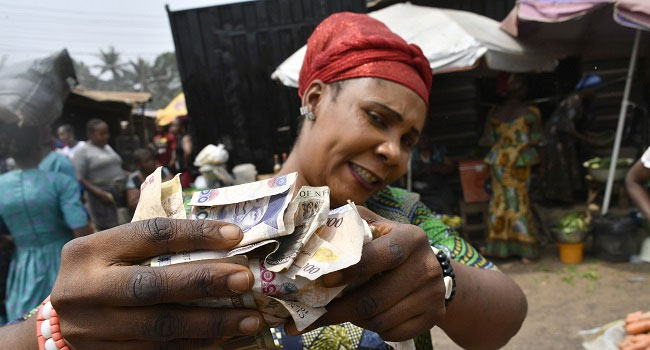The Governor of the Central Bank of Nigeria, Olayemi Cardoso, has revealed the reasons behind the widespread hunger in the nation, attributing it to supply shocks of food items before the holiday season and distribution challenges due to insecurity. The Central Bank Governor, in a session with the Senate Joint Committee on Finance, Banking, Other Financial Institutions, and National Planning, explained that economic, social, and security challenges have led to food scarcity.
The apex bank boss highlighted that hyperinflation was caused by organic food shortages and assured that the government was addressing this issue through fiscal policies, acknowledging that it may take time for the policies to take effect.
Cardoso explained, “Headline inflation surged to 28.92%, propelled by food shortages, distribution challenges, and seasonal trends. The festive season’s consumer demand upsurge, following subdued periods due to energy and foreign exchange reforms, contributed to this trend, persisting from November through December yearly.” He added that the upward trend of food inflation is primarily due to supply shocks caused by insecurity, climate-induced factors, and importation bottlenecks.
In response to a query from Senators, Cardoso revealed that certain policies from the previous administration, including the “Ways and Means,” had been discontinued due to incompatibility with the present administration. He also emphasized the need to adhere to the law limiting advances under ways and means to 5 percent of the previous year’s revenue.
The interactive session was attended by various Senate committee members, including the Chairman of the Senate Committee on Banking, Insurance, and Other Financial Institutions, Senator Mukhail Adetokunbo Abiru, the Chairman of the Senate Committee on Finance, Senator Mohammed Sani Musa, and the Chairman of the Senate Committee on National Planning, Senator Abdullahi Yahaya, along with vice-chairmen and other members.



